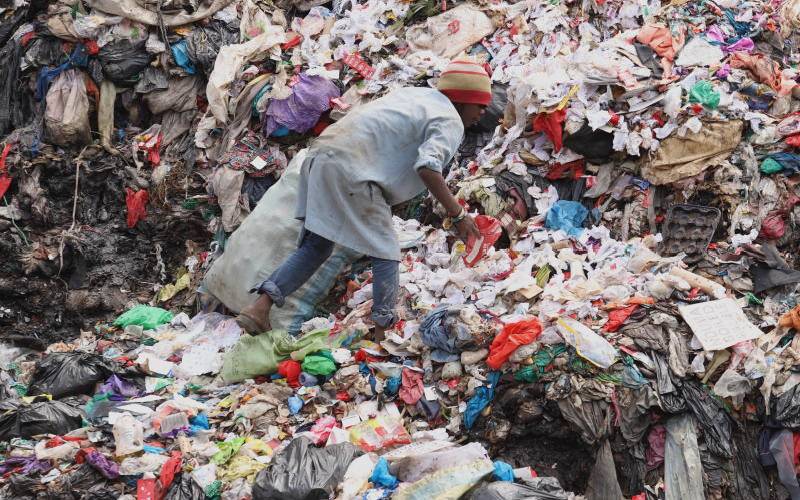×
The Standard e-Paper
Home To Bold Columnists

In March 2022, the UN Assembly made a historic resolution to end plastic pollution and forge an international, legally binding agreement to combat plastic pollution.
This was a critical decision, as the treaty could curb and reduce the production of toxic chemicals. But while the resolution calls for a plastics treaty that ends all forms of plastic pollution, it does not mention toxic chemicals, even though plastics are made from chemicals.